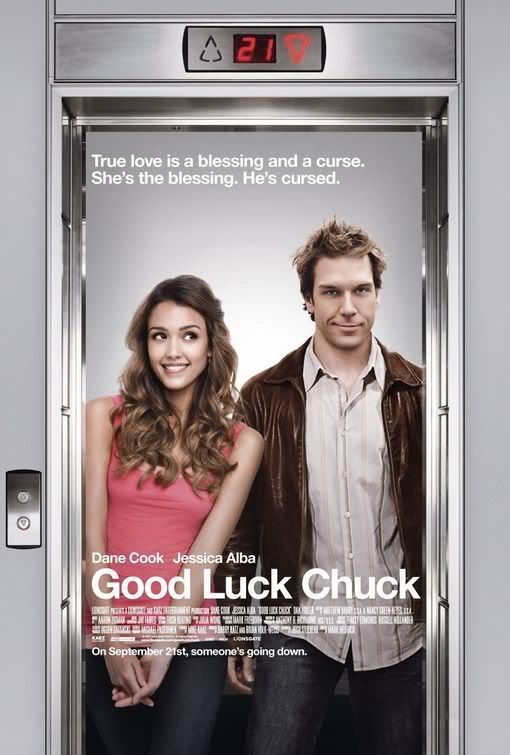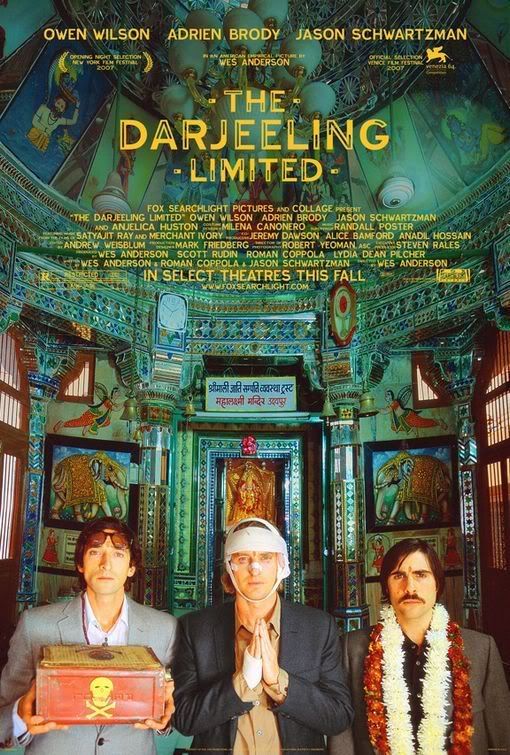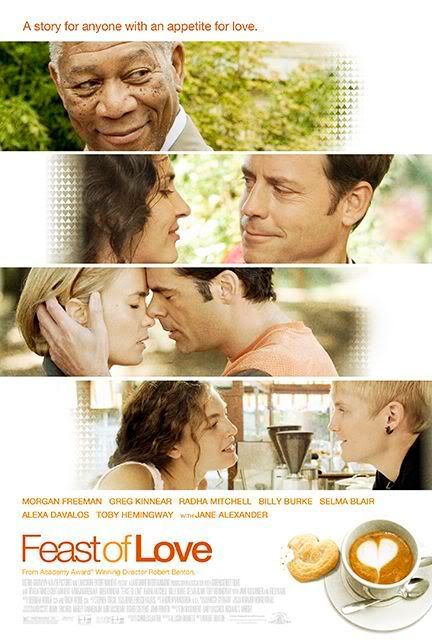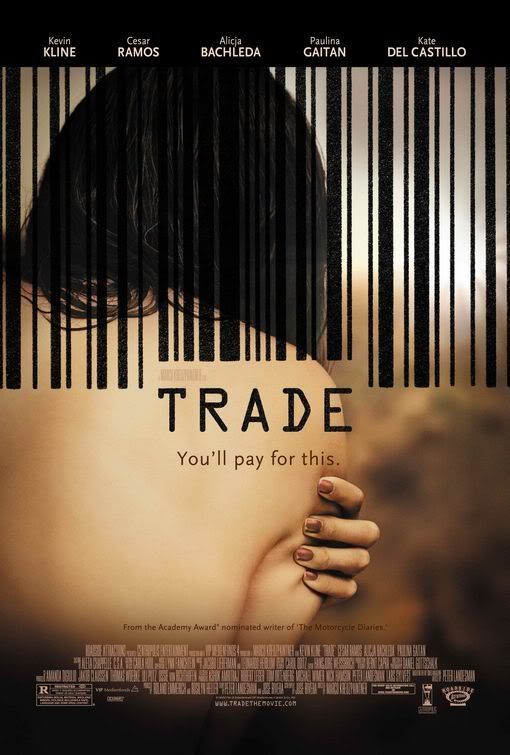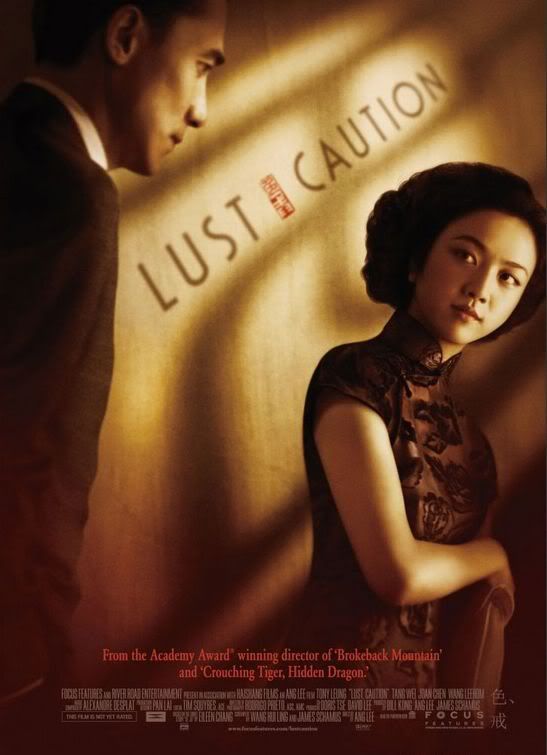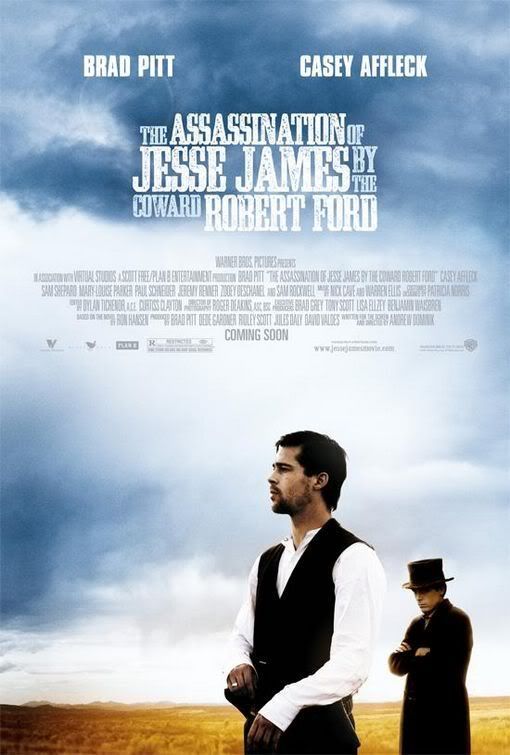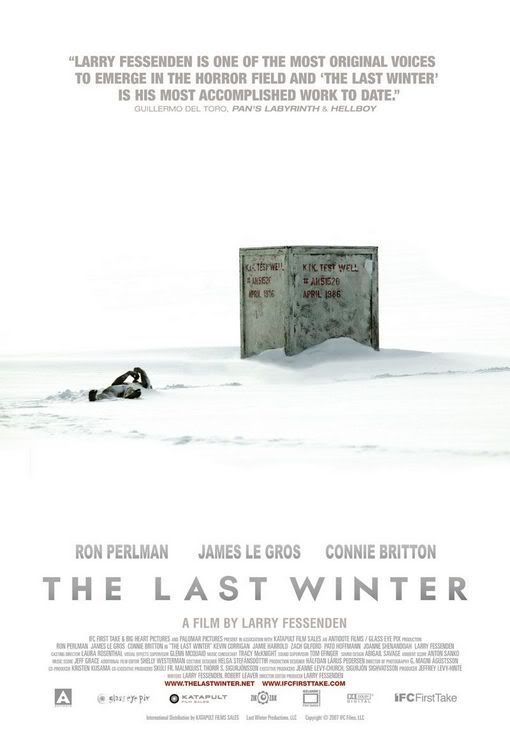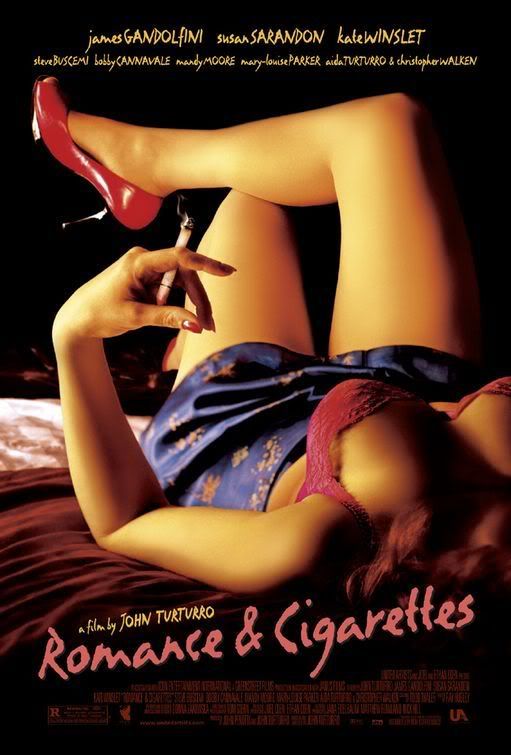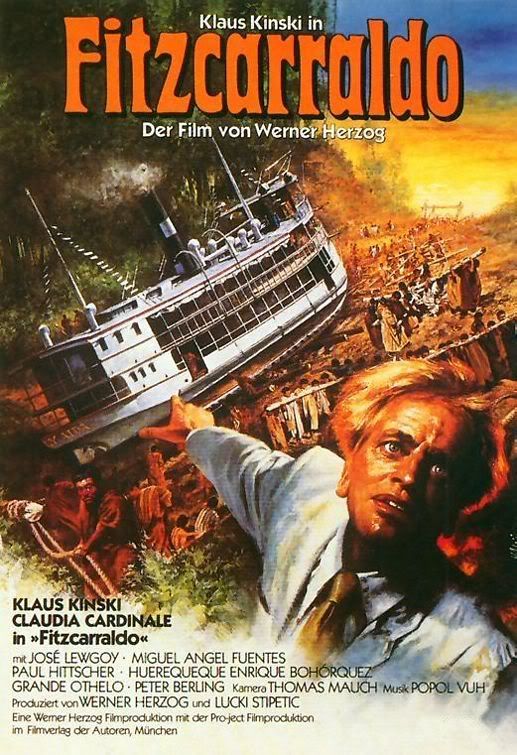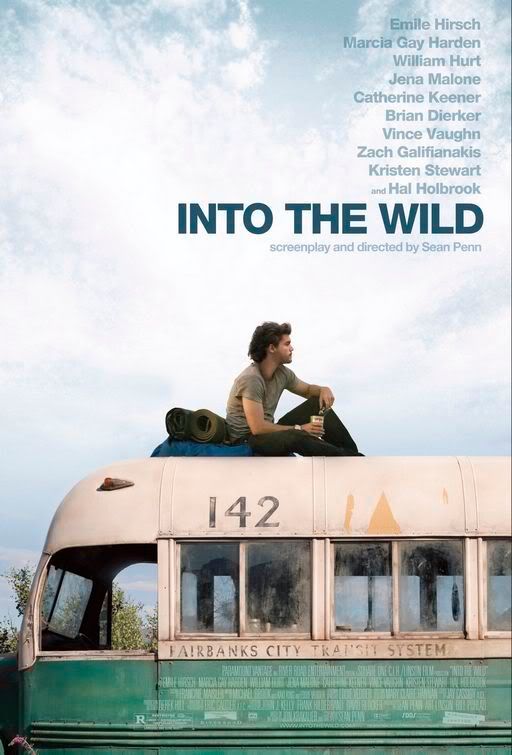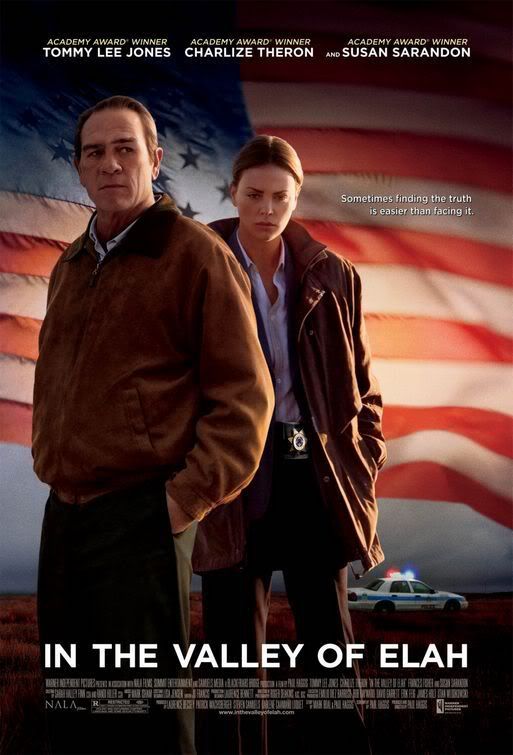NYFF: Underworld
Directed by Josef von Sternberg
Written by Charles Furthman
Starring:
George Bancroft as 'Bull' Weed
Evelyn Brent as 'Feathers' McCoy
Clive Brook as Rolls Royce Wensel
Fred Kohler as 'Buck' Mulligan
80 Minutes(Not Rated)
-----------------------------------------------------------------------
Festivals like to include some classic film programming, and the New York Film Festival is no exception. I try to pick at least one-in Toronto I ended up seeing one last minute, a French film from the 80's, but whenever I have a chance to see a silent film on the big screen, I jump at the chance-and NYFF managed to offer me just that. The film is the classic 1927 film "Underworld," a film that transformed the gangster genre, and provided the beginning of what are now seen as "cliches." But this is where they all came from, and this is the cornerstone of mafia films as we know them now. There is just something about the silent screen-the look of the image, the way the actors look, the facial expressions, even reading the title cards, that make them unlike any other movie that you see. The festival also allowed us to listen to live music with a three piece band playing keyboard, drums, little chimes, and every now and then a special sound effect-a train whistle at one point which actually made me jump a little.
The movie is about Bull Weed, a rather interesting head mafia character, played by George Bancroft (who has a great laugh. . .or laugh expressions in this case). Bull Weed watches in a bar one night-or maybe a speakeasy?-as innocent and minding his own business janitor, Rolls Royce, who has a criminal record, is taunted by flower shop manager 'Buck' Mulligan. When Mulligan goes too far, Bull Weed steps in and takes Rolls Royce under his wing. He already took a young woman named Feathers under his wing, and the two of them decide to get back Mulligan, before Mulligan strikes first.
The film takes a drastic turn in the third act, and then we get the shoot 'em up aspect of the mafia, never glorifying it, but the silent screen and many films from the past, have a way of taking dark subjects like the mafia, drinking, smoking, and killing, and giving them so much sexual energy, and this is no exception. Everything seems romanticized in these old films-from the rather revealing costumes, to the good looking people doing bad things, to that one good looking woman who smokes her cigarettes, looks up in the air, and blows out. It's heated, and this film has that energy emitting every second on the screen. The silent performances are all great. Bancroft has this insane maniacal laugh every now and then, and he does it within the first thirty seconds on film. And thats when you know that you are dealing with a rather unstable character-a bit hotheaded when it comes to ego. Evelyn Brent, who plays Feathers, has the classic silent screen beauty look-and wears some great period outfits. The film is also intense and exciting, and the great live musical score just added to the effect.
But you have to remember that you are really watching "the first" of these kind of stories. "The first" of the plot twists and shoot out scenes and stunts that we've seen before in later films. If you put that in your head you'll forgive the fact that every few minutes its like we're watching a rerun. But there is still something so special about seeing a silent film on the big screen that leaves such a better impression in my head than when I am at home or watching a video. Being with the audience, watching the eighty year old film on a big screen, with live music-like how the movies used to be. It's a trip back in time, and thats why I always opt to see these movies in theatres. And this is quite a winner.
